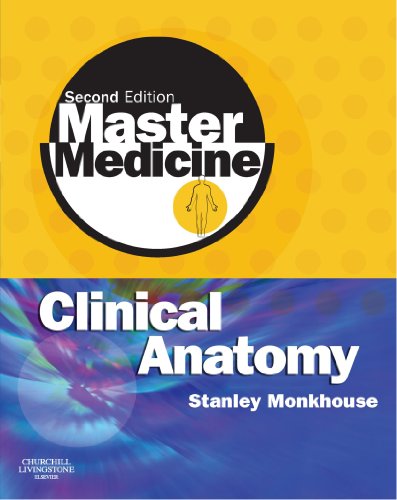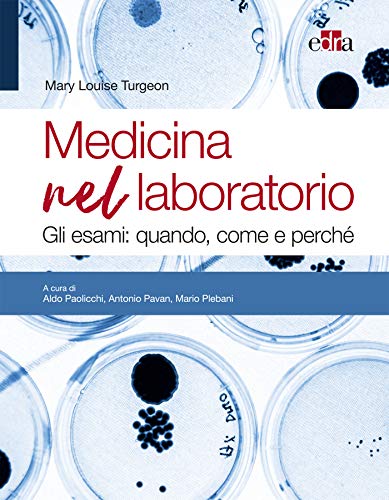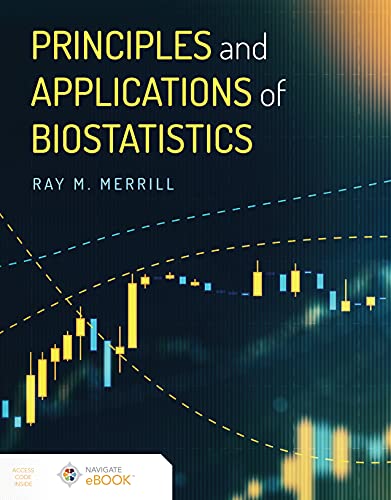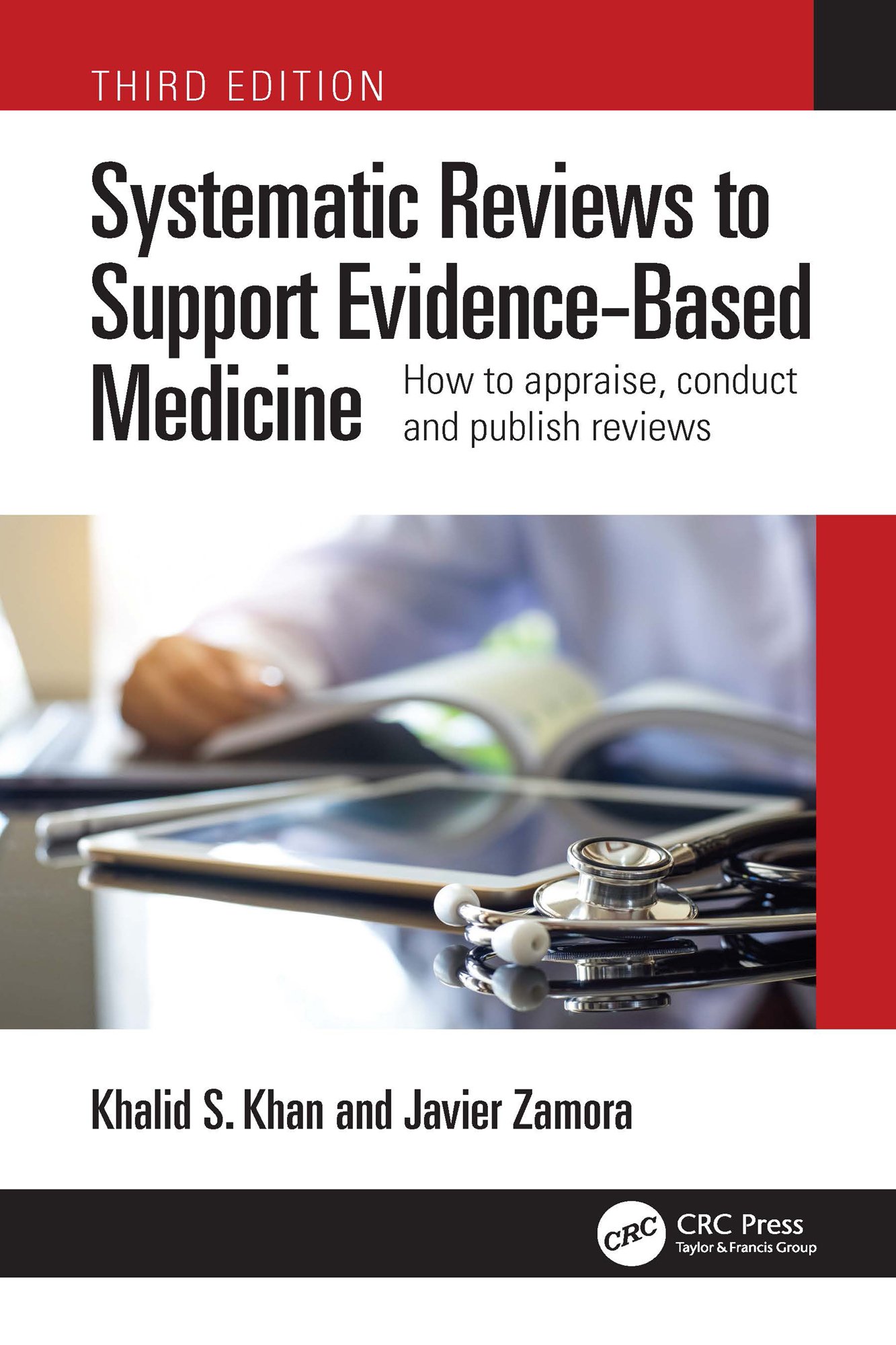-66%
Unraveling the Nuances of Qualitative Research Methodology: A Comprehensive Exploration
Step 1: The Journey to Qualitative Inquiry
“Collecting Evidence” begins the research odyssey, guiding researchers toward discerning and gathering meaningful data from participants. This involves selecting appropriate methods, such as interviews, observations, and document analysis, to capture the richness and depth of lived experiences.
Step 2: Crafting an Iterative Analysis
“Crafting Analysis” illuminates the process of organizing, coding, and interpreting qualitative data. Researchers learn to identify patterns, themes, and insights within the collected data, building connections and extracting meaningful knowledge. This iterative process allows for continuous refinement and validation of findings.
Step 3: Communicating the Impact
“Communicating Impact” empowers researchers to effectively convey their findings to diverse audiences. Writing, presenting, and disseminating research results in a clear and compelling manner ensures its accessibility and impact on the wider community.
Essential Foundations for Qualitative Research
Step 4: Theoretical Underpinnings
“Qualitative Theory” provides a deep understanding of the philosophical and conceptual frameworks that guide qualitative research. It explores different approaches, such as grounded theory, phenomenology, and narrative inquiry, and their relevance to specific research goals.
Step 5: Navigating Ethical Considerations
“Ethics” emphasizes the importance of conducting research in a responsible and ethical manner. Researchers learn to safeguard participants’ rights, confidentiality, and well-being throughout the research process.
Step 6: Sampling the Voices
“Sampling” explains how to select participants who represent the target population and provide rich and nuanced perspectives. It also discusses various sampling methods, such as purposive, snowball, and theoretical sampling.
Step 7: Engaging Interview Techniques
“Interview Techniques” provide practical guidance on conducting effective interviews. Researchers learn the art of asking open-ended questions, building rapport, and managing challenging situations.
Step 8: Ensuring Qualitative Quality
“Qualitative Quality” explores criteria for evaluating the rigor and trustworthiness of qualitative research. Researchers learn to assess the reliability, validity, and authenticity of their findings.
The Fieldwork Narrative: A Personal Perspective
The author’s “Backstage Stories” offer a glimpse into the behind-the-scenes aspects of qualitative research. These anecdotes provide insights into the emotional and humorous moments that shape the research experience.
Expansion and Innovation in Qualitative Methods
Step 9: Post-Qualitative Paradigms
“Post-Qualitative Research” discusses emerging trends and challenges in qualitative research. It explores reflexive and interpretive approaches that critique traditional methods and seek to expand the boundaries of inquiry.
Step 10: Phenomenology: Unveiling Lived Experiences
“Phenomenology” sheds light on this philosophical approach that seeks to understand the world as experienced by individuals. Researchers learn to engage with participants’ subjective meanings and experiences.
Step 11: Textual Analysis and Cultural Studies
“Textual Analysis and Cultural Studies” explores methods for analyzing texts, such as interviews, narratives, and cultural artifacts. Researchers gain insights into the production, consumption, and interpretation of cultural products.
Step 12: Accessing Elite and Challenging Populations
“Gaining Access” provides practical strategies for conducting research with populations that may be difficult to access, such as elite individuals or marginalized groups.
Step 13: Persuasive Writing: Crafting Impactful Reports
“Persuasive Writing” teaches researchers how to effectively communicate their findings to decision-makers and policymakers. It covers techniques for writing compelling reports, proposals, and presentations.
Step 14: Novel Interviewing Approaches
“Novel Interviewing Approaches” introduces innovative interviewing methods, such as virtual ethnography, photo-voice, and mobile interviewing. These methods expand the reach of qualitative research and provide researchers with new ways to engage with participants.
The Complete Resource for Qualitative Research
Qualitative Research Methods: Collecting Evidence, Crafting Analysis, Communicating Impact is the ultimate guide for researchers seeking a comprehensive understanding of qualitative methodology. Written in an engaging and accessible style, it synthesizes current literature, provides practical guidance, and offers a unique glimpse into the world of qualitative research.
Whether you are an undergraduate or graduate student, a seasoned researcher, or a practitioner seeking to enhance your qualitative research skills, this invaluable text will empower you to conduct rigorous and impactful research that contributes to the advancement of knowledge and the betterment of society.









Reviews
Clear filtersThere are no reviews yet.